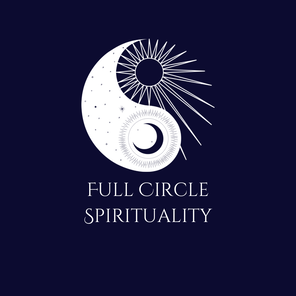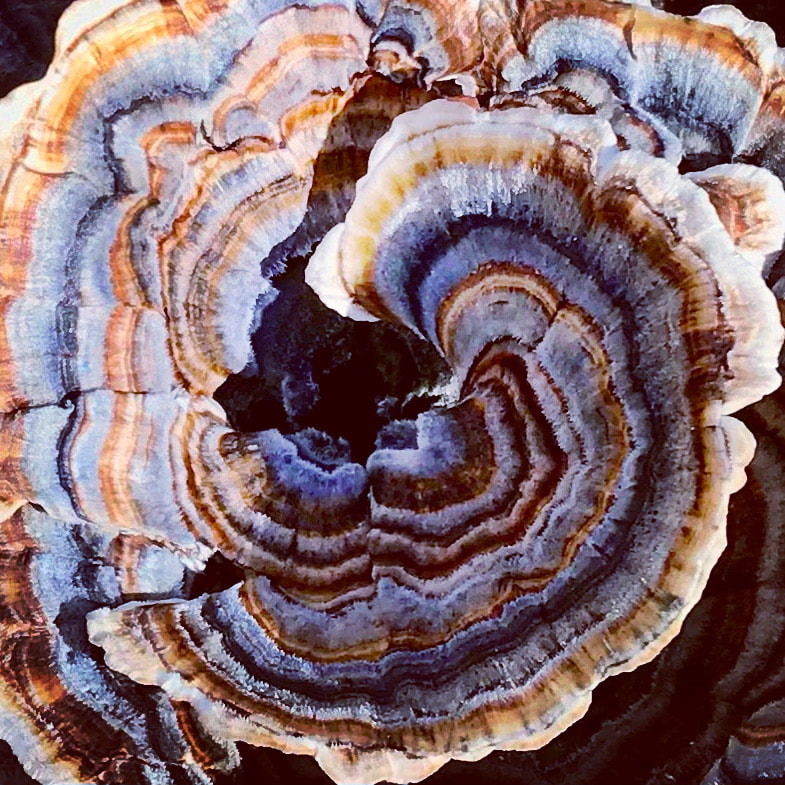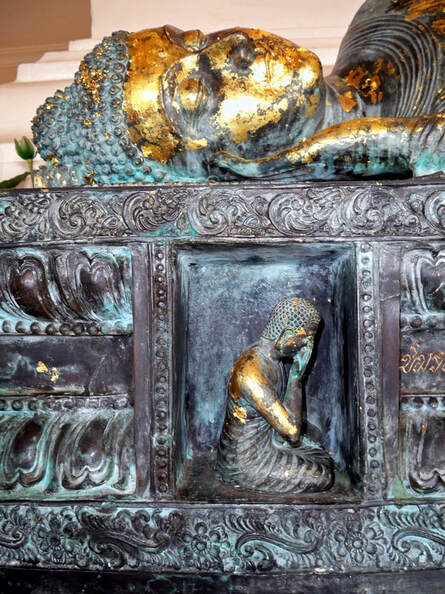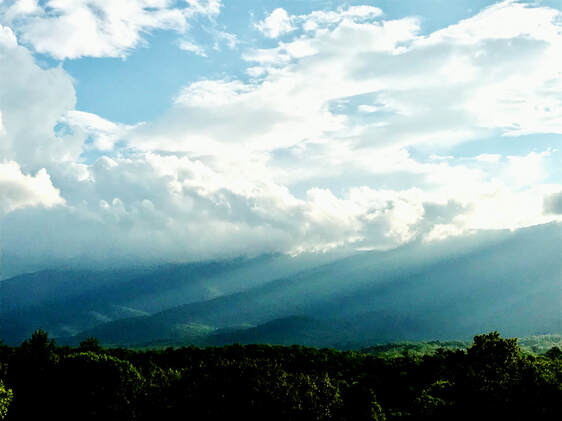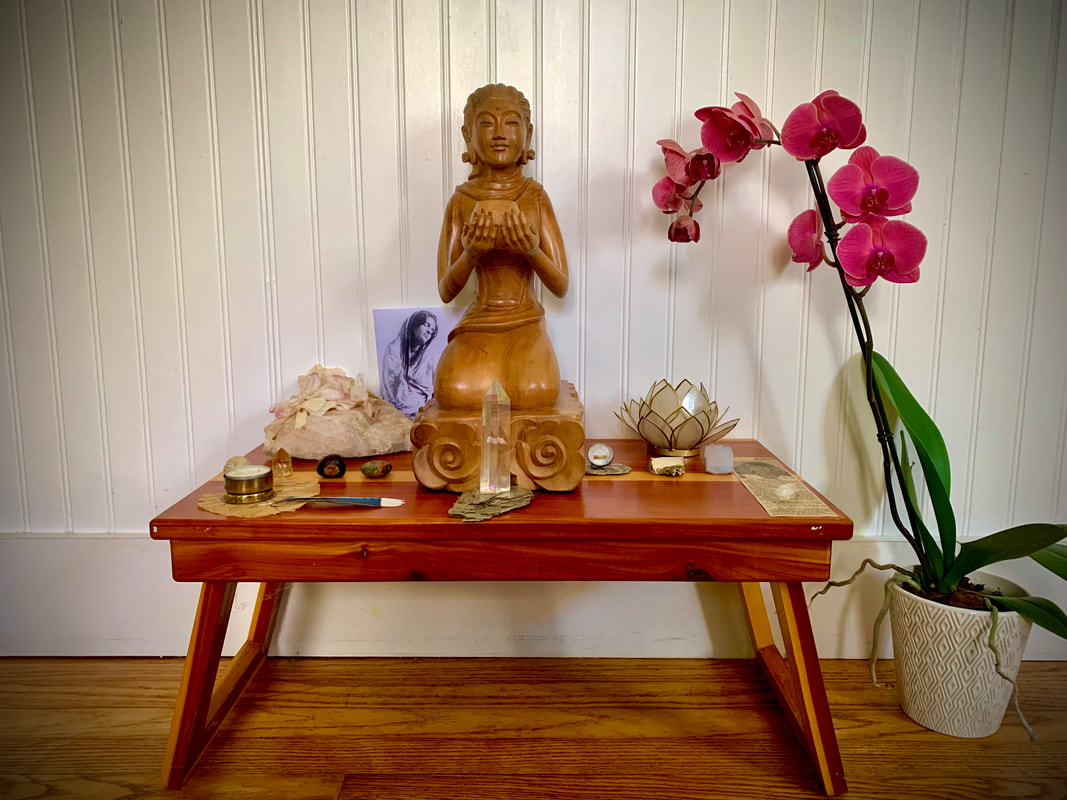Our Work.
|
We offer consultations and trainings for spiritual teachers, therapists, and students on supporting practitioners in our modern world, with an emphasis on the nervous system and trauma, internalized oppressive paradigms, spiritual bypassing, and the needed qualities and practices that are often missing in dominant cultural settings.
We also offer a bi-monthly sangha for anyone who wishes to explore the path with us. |
A Full Circle Awakening
|
We leave nothing out of our awakening processes. Both Relative and Ultimate realities need attention and respect in order for awakening to progress effectively.
Trust us, we definitely tried it the other way - and it didn’t work! In fact, it ultimately plunged us into even deeper distress and despair. Our healing truly began when we learned to let go of much of what we were being taught and learned to open to and trust our experience - to listen to what was needed, to listen to what was true, instead of dictating to our bodies and hearts and minds what they were supposed to need or to see. We saw that the teachings brought over from the East were cultivated from thousands of years of Eastern culture and that while the teachings were incredibly valuable, adaptation was needed in order for most Western minds to experience an integrated awakening. We know that all teachings are “fingers pointing to the moon,” not the moon itself. Culture matters, because it shapes our mental, emotional, and physical experience. It shapes the conditioning that needs to be unraveled. |
Take this story Jack Kornfield tells in his book, "A Wise Heart" about the first time the Dalai Lama encountered the concept of self-hate:
In 1989, at one of the first international Buddhist teacher meetings, we Western teachers brought up the enormous problem of unworthiness and self-criticism, shame and self-hatred, and how frequently they arose in Western students’ practice. The Dalai Lama and other Asian teachers were shocked. They could not quite comprehend the word self-hatred. It took the Dalai Lama ten minutes of conferring with Geshe Thupten Jinpa, his translator, even to understand it. Then he turned and asked how many of us experienced this problem in ourselves and in our students. He saw us all nod affirmatively. He seemed genuinely surprised. 'But that’s a mistake,' he said. ' Every being is precious!'" |
The Dalai Lama is, obviously, an incredibly wise and compassionate being, and while there is much overlap in our human biology in and ways we've all been shaped by human culture and it is important not to discount all that we share, there are also significant distinctions that must be addressed for our teaching to be as effective as it can be. Self-hate has not historically been part of Asian culture or the Asian psyche (though as Western culture spreads, that is sadly changing). If we ignore this difference, we vastly limit the effectiveness of our offerings.
Another example of how this manifests comes from the Sociologist of Religion, Robert Bellah, who warned in a 2004 interview with Tricycle Magazine:
Another example of how this manifests comes from the Sociologist of Religion, Robert Bellah, who warned in a 2004 interview with Tricycle Magazine:
Zen Buddhism began in Japan at a time when strong social structures hemmed in individuals on every side. The family you were born to determined most of your life chances. Buddhism was a way to step outside these constricting structures. Becoming a monk was called shukke, literally, “leaving the family.” We live in an almost completely opposite kind of society, where all institutions are weak and the family is in shambles. You don’t need Buddhism to “leave the family.” To emphasize primarily the individualistic side of Buddhism (especially Zen) in America is only to contribute to our pathology, not ameliorate it."
|
We ignore the cultural significance and impact of the teachings at our peril. Eastern teachings also commonly discourage anger. This message is helpful for many in the West, but it unfortunately harms just as many people as it helps. The relative utility of this teaching is shaped by how it intersects with the intersection of collective and individual conditioning: aspects of internalized white supremacy culture, patriarchy, gender training, the norms within one’s family of origin, trauma history, and so on. Some Westerners over-indulge and identify with their anger. But just as many suppress and deny it. This second group of course tends to be marginalized populations. For this second group, anger needs to be encouraged and reclaimed before a person’s psyche can healthily dis-identify with it. Others of us will need to work each of these edges in different moments of our awakening journey. Anger, self-hatred, and individualism do not stand alone. For most Westerners, there are many aspects of our relative human experience that must be reclaimed and valued. When this aspect of Reality is left out, transcendence often comes from a motivation of avoidance, (spiritual bypassing), and interrupts the natural movements of the awakening process. |
Truly integrating the teachings into our body/minds requires us to both understand the cultural context in which they emerged and also the one in which we are embedded.
This also includes understanding the interaction of culture and power - understanding systems of oppression, how they function, and how our identity location shapes our conditioning and path to freedom.
At this nexus of East and West, and in this moment by moment nuance of unfolding, is where we’ve devoted ourselves.
We both heal and transcend the psyche.
We transcend the psyche and we embody Reality.
We both heal and transcend the psyche.
We transcend the psyche and we embody Reality.
